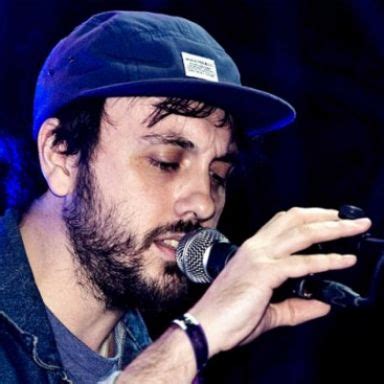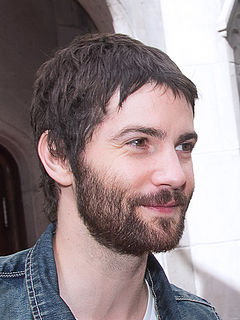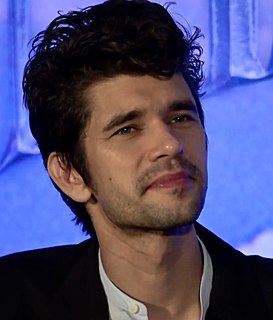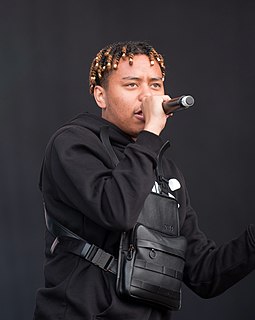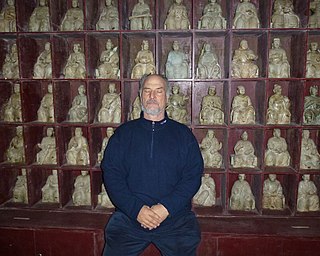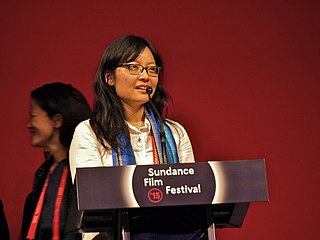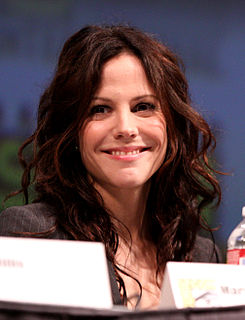A Quote by Colin Farrell
Sometimes I have experienced at the start of a film you're very excited and enthusiastic and you've done all your preparation internally and externally and you start the film and it's all go... Then your attention goes somewhere else. Your energy goes into telling the story, so you don't have the same amount of energy to be objective, and that's okay because sometimes you become a subject of the story and you're inside it so much that you don't need to keep on looking on the outside.
Related Quotes
When you're making a film, you don't really have time to consider what the whole of your film is. And then, when you're releasing your film and promoting your film, you're looking at it in a different way. Then, as you move away from it, you start to look at it objectively and think, 'What could I have done better?'
I don't have the story finished and ready when we start work on a film. I usually don't have the time. So the story develops when I start drawing storyboards. I never know where the story will go but I just keeping working on the film as it develops. It's a dangerous way to make an animation film and I would like it to be different, but unfortunately, that's the way I work and everyone else is kind of forced to subject themselves to it.
Sometimes when you write something, you have that day when you start writing and you feel really good, and you start changing it. At the end, it lost the essence. It lost the first idea, the energy that it had, it's going down after every change. And at the end it's something soft and too much rewritten or too much rebuilt that doesn't have the same energy as the beginning. So, I like the first takes because of that, you know. It has that first energy that sometimes it's difficult to recreate.
When I make film music, I'm a filmmaker first and foremost. It's about serving the needs of the film. You're telling a story; in a way, you stop becoming a composer and become a storyteller instead. You tell the story with the most appropriate themes. How you approach these things is a very personal matter, but your goal is to tell the story first.
I worked as an actor for a few years before anything happened, so I'm used to going up for auditions, and then not getting the role. But sometimes I don't read the book of the film, in case I just totally fall in love with it, and then it just becomes an obsession and you want to do it so much because you've completely fallen in love with the story and the characters. And then, if the part doesn't go your way, it's heartbreaking. So, there's a certain amount of distance you have to keep before you can throw yourself in 100%.
Whenever you drop something by fight, it is never dropped. You can drop smoking by fighting, and then you will start doing something else which will become a substitute. You may start chewing gum, it is the same; You may start chewing pan, it is the same, there is no difference. You need something to do with your mouth - smoking, chewing, anything. When your mouth goes on working, you feel at ease because through the mouth tensions are released. So whenever a man feels tense he starts smoking.
If your subject is crime, then you know at least that you're going to have a real story. If your subject is the maturing of a college boy, you may never stumble across a story while you're telling that. But if your story is a college boy dead in his dorm room, you know there's a story in there, someplace.
I taught everyone a very bad lesson at my publisher because they actually gave me deadlines this time and I'm now meeting them. I used to say, "Here's my book; it's six years late." I'm so much faster now, and work differently. With all the years of writing, I think I still draft as obsessively, but I think back to writing. On your first story, you start at draft one. On your second story, you start at draft ten. On your third story, you start at draft one hundred. If you need a hundred and eight drafts, you may write eight instead of a hundred and eight.
When you start moving into the internal stuff, you start learning how you don't get your power from your muscles. You open up the energy channels inside your body and you shoot something through them and all of a sudden, you've got many times the power you could get physically, or even if you don't, some other things. To get this power to come from inside you, this chi, this energy from inside you, you have to learn how to completely relax.
When you have your chance to make a film, don't focus on pleasing everyone. I think the goal is to live in that sweet spot where you focus on making a good film and you have fun with your collaborators, but you don't waste your energy chasing approval every which way. When you have a vision and a good story and you've managed to raise funding, it is your approval as a director that everyone should be seeking. It's very simple.
All I've learned is that you need the studio system sometimes, if your budget is a certain size, and other films you can do independently. When I think of a studio, I generally think of distribution. Since I'm a director, I have a similar creative experience on every film I do, because I can control that. But then it's a different film, I think, as it reaches the public, depending on the way it's marketed. I don't know. I haven't learned much of anything. Sometimes you need them, sometimes you don't. Sometimes they want you, most of the time they don't.
There's a lot of time sitting in movies, so you can put alligators in people's trailers in your spare time. So it [making a film] moves slower, which in some ways is great, because you can live with a scene and invest in it a lot. And in some ways it's hard, because sometimes you can start to lose your energy a little bit, but both are fun.




